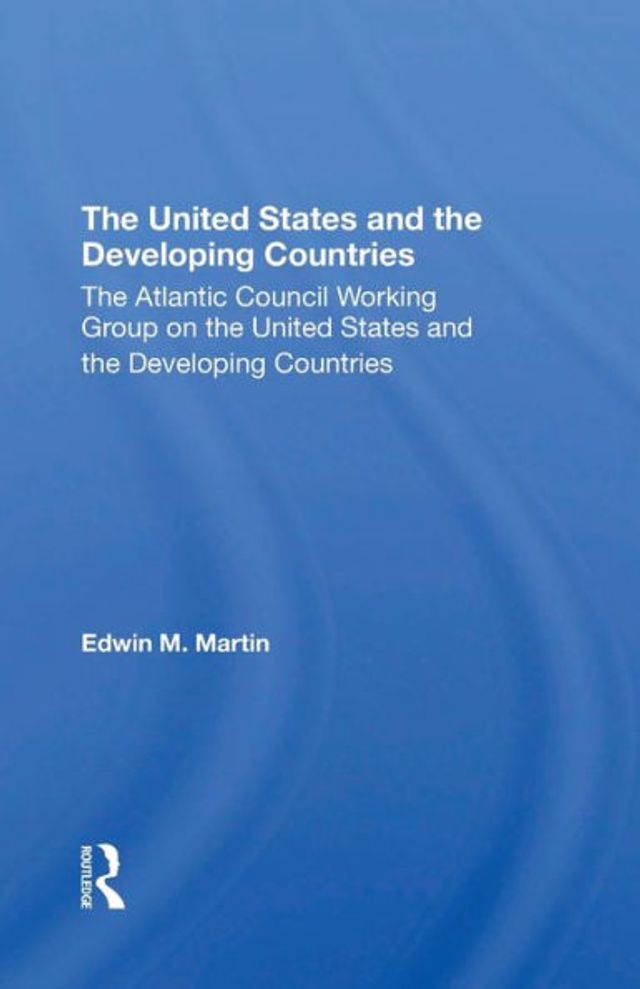Home
The Job Ladder: Transforming Informal Work and Livelihoods Developing Countries
Loading Inventory...
Barnes and Noble
The Job Ladder: Transforming Informal Work and Livelihoods Developing Countries
Current price: $120.00


Barnes and Noble
The Job Ladder: Transforming Informal Work and Livelihoods Developing Countries
Current price: $120.00
Loading Inventory...
Size: Hardcover
*Product Information may vary - to confirm product availability, pricing, and additional information please contact Barnes and Noble
This is an open access title available under the terms of a CC BY-NC-SA 3.0 IGO licence. It is free to read at Oxford Scholarship Online and offered as a free PDF download from OUP and selected open access locations.
Based on studies of a range of countries in the Global South, this book examines heterogeneity within informal work by applying a common conceptual framework and empirical methodology. The country studies use panel data to study the dynamics of worker transitions between formal and heterogeneous informal work and present a comparative perspective across developing countries in Asia, Latin America, Sub-Saharan Africa, and North Africa and the Middle East. Each study provides a nuanced view of informality, dividing workers into six work statuses: formal wage-employees, upper-tier informal wage-employees, lower-tier informal wage employees, formal self-employed, and upper-tier informal self-employed. Based on this common conceptual framework, the country studies examine the distribution of workers across each of these work statuses, and document transition patterns across different formality and work statuses. The panel data analysed in each country study provide a basis for making statements about labour market transitions that are not warranted when using comparable cross-sections. The studies also examine the individual- and household-level characteristics associated with workers in each work status. Using these characteristics, each study constructs a 'job ladder' that ranks each work status, and then examines the characteristics of workers that are associated with transitions up (and down) the job ladder.
Based on studies of a range of countries in the Global South, this book examines heterogeneity within informal work by applying a common conceptual framework and empirical methodology. The country studies use panel data to study the dynamics of worker transitions between formal and heterogeneous informal work and present a comparative perspective across developing countries in Asia, Latin America, Sub-Saharan Africa, and North Africa and the Middle East. Each study provides a nuanced view of informality, dividing workers into six work statuses: formal wage-employees, upper-tier informal wage-employees, lower-tier informal wage employees, formal self-employed, and upper-tier informal self-employed. Based on this common conceptual framework, the country studies examine the distribution of workers across each of these work statuses, and document transition patterns across different formality and work statuses. The panel data analysed in each country study provide a basis for making statements about labour market transitions that are not warranted when using comparable cross-sections. The studies also examine the individual- and household-level characteristics associated with workers in each work status. Using these characteristics, each study constructs a 'job ladder' that ranks each work status, and then examines the characteristics of workers that are associated with transitions up (and down) the job ladder.


















